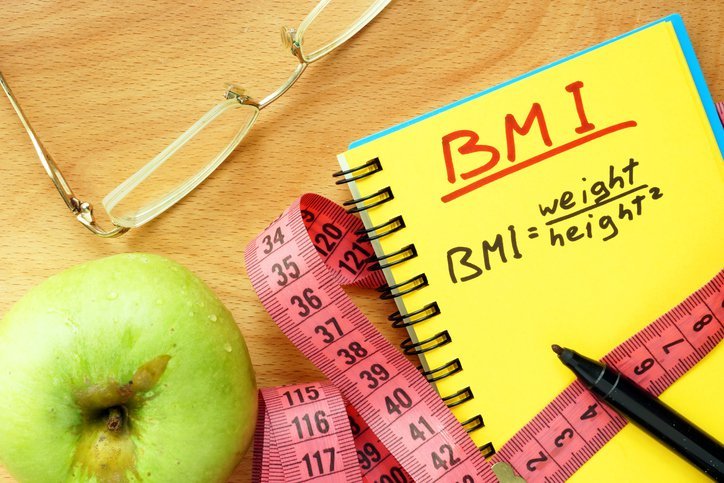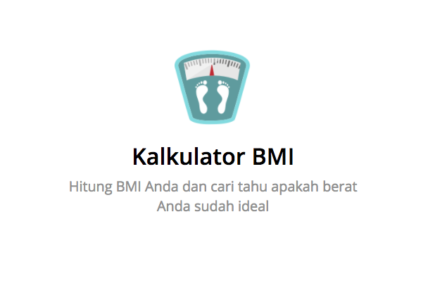Contents:
- Medical Video: Calculate BMI - The Body Mass Index Formula
- BMI calculator to calculate body mass index easily
Medical Video: Calculate BMI - The Body Mass Index Formula
"Maintaining a healthy weight will avoid you from various diseases," you have often heard gold advice from time to time, like a broken cassette. But, glaring at the scales might not be enough. This is where the Body Mass Index (BMI), aka body mass index, plays its role.
What is body mass index?
"Body mass index is a good way to assess whether you are healthy or not," said Jessica Crandall, RD, a certified diabetes educator and national spokesperson for the Academy of Nutrition and Dietetics, quoted by the Daily Burn.
Body mass index is a standard metric used to determine who is in a healthy and unhealthy weight class. The body mass index aka BMI compares your body weight to your height, calculated by dividing your body weight in kilograms with your height in meters squared.

For example, you want to find out whether you are normal or obese. You weigh 80 kilograms and are 1.75 m high (175 centimeters).
First, multiply the height in squares: 1.75 x 1.75 = 3.06. Furthermore, for weight lifting with the results of the square of the height: 80 / 3.06 = 26,1. Finally, compare your BMI number (26.1) with the weight category listed below:
- Under 18.5 = Less weight
- 18,5 - 22,9 = Normal weight
- 23 - 29.9 = excessive body weight (obesity tendency)
- 30 and above = obesity
That way, the BMI number, aka your body mass index, states that you have excess weight.
BMI calculator to calculate body mass index easily
To make it easier for you to calculate what your body mass index is, and whether your weight is classified as ideal, less, or excessive, Hello Sehat has provided it BMI Calculator that you can use by clicking on the image below:
Body mass index can not be a benchmark for ideal body weight
BMI is an easy calculation method that can provide basic information about your overall weight problem. This number can act as a warning sign of danger and protect someone from death due to chronic diseases related to obesity.
Reporting from Live Science, BMI is not an ideal and accurate measurement method, and cannot explain the cause of a person's weight problem. When defining healthy weight, one definitive type of measurement cannot be applied to all, said Dr. Rexford Ahima, professor of medicine from the University of Pennsylvania and co-researcher from the 2013 issue of the journal Science.
BMI also does not take into account the amount and distribution of body fat which is important for measuring a person's risk of various chronic diseases. Because, thin people may still have a distended stomach or diabetes. And in some cases, big tall body postures, such as bodybuilders (who can look like being overweight thanks to their muscle mass), don't always mean bad; many people who are over "normal" are declared healthy. In addition, a low BMI may be caused by certain diseases or old age factors.
BMI also fails to account for ethnic and gender differences (women tend to have more fat mass than men), age, level of physical activity, body composition (how many comparisons of muscle and body fat), and waist size (waist circumference above average average is another indicator of obesity and the risk of related diseases). So, for example, as a woman, even if your body mass index falls into the normal category, you can still have a high percentage of body fat.
That is, BMI does not fully represent the overall diagnosis of body health and the risk of a person's disease. Consult your doctor further about your risks and concerns about health conditions related to your weight.
If you already know what your body mass index is, what can be done?
Don't just stick to the BMI and the numbers on your weight scale. Also pay attention to muscle mass and waist circumference to provide a more comprehensive summary of your body's general health. Everyone's body is different, so BMI is not perfect for universal calculations.
BMI will be useful as a reference point if used together with other monitors. Take advantage of the calculation of BMI and your weight scale - then dig deeper with the doctor to determine if you are on the right path to achieving your ideal body weight.













